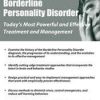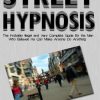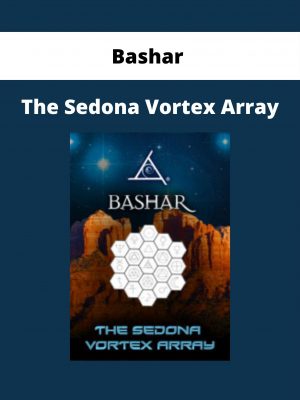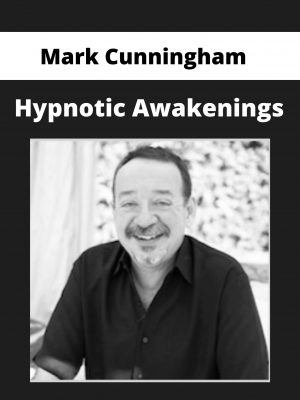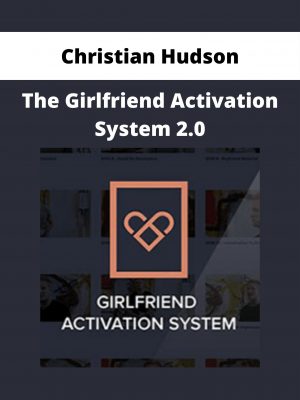Andrew T Austin – IEMT and long term anxiety
$100 Original price was: $100.$26Current price is: $26.
Shopping Instructions:
- DISCOUNT 15% : SHOP15
- Product Delivery: Within 1 – 12 hours after purchase.
In this DVD, Andrew T. Austin outlines and discusses the application of lEMT’s ‘Three Pillars Model” to long term anxiety conditions. The Three Pillars Model explains the relationship between guilt and anxiety, and between anxiety and anger.
Andrew T Austin – IEMT and long term anxiety
Studio recorded single DVD explaining the Three Pillars Model of Anxiety and the appropriate application of the IEMT “Simple Pattern.”
Anxiety sufferers who find that their condition proves to be treatment resistant will often adapt and simply learn to live with the anxiousness.
From a therapeutic point of view, this is not the best outcome, but it is something that is too commonly accepted by the therapeutic professions.
In this DVD, Andrew T. Austin outlines and discusses the application of lEMT’s ‘Three Pillars Model” to long term anxiety conditions.
The Three Pillars Model explains the relationship between guilt and anxiety, and between anxiety and anger.
By examining the underlying rule structure and emotional chaining that can lead to long term unremitting anxiety, rapid change can result where previously such an outcome would have been unthinkable.
The Three Pillars model doesn’t fit every instance, like everything in IEMT, this is no grand unified theory of therapy.
Austin will introduce the question, ” … and how familiar is guilt?” when working with chronically anxious clients.
More often than not, the client responds immediately in the affirmative.
Guilt is a problem.
Integral Eye Movement Technique is a brief change work process that generates rapid change in the area of undesired emotional and identity imprints.
The process and algorithms of the technique answers the question, “How did the client learn to feel this way, about that thing?” and applies specific change at the right place within the client’s model of the world.
By building resources inside the problem state, IEMT brings the client more into the present and enables the client to stay out of past negative experiences permanently.
For the practitioner, IEMT is about precise calibration.
Unlike other treatments involving eye movements, with this model the eye movements are neither random nor simply a repetitive left and right movement in the hope that change will occur.
The training provides the tools for the practitioner to precisely calibrate which axis through which to move the eyes enabling change work to occur with precision and at a remarkable speed.
IEMT is not the grand unified theory of therapy and change work, but is a very useful tool for the therapist’s toolkit and provides an excellent remedial tool for emotional change and a generative tool for identity change.
IEMT enables excellent results where previously a good outcome might have appeared improbable.
Andrew T. Austin is a former nurse and has a specialist interest in neurology and the neurosciences.
He Author of the critically acclaimed book, “The Rainbow Machine – Tales From a Neurolinguist’s Journal” and known for his creative exploration of his clients problems and innovative solutions.
Here’s What You’ll Get in Andrew T Austin – IEMT and long term anxiety
Andrew T Austin – IEMT and long term anxiety : Sample
Related products
NLP & Hypnosis
NLP & Hypnosis
NLP & Hypnosis
NLP & Hypnosis
NLP & Hypnosis
NLP & Hypnosis
NLP & Hypnosis

